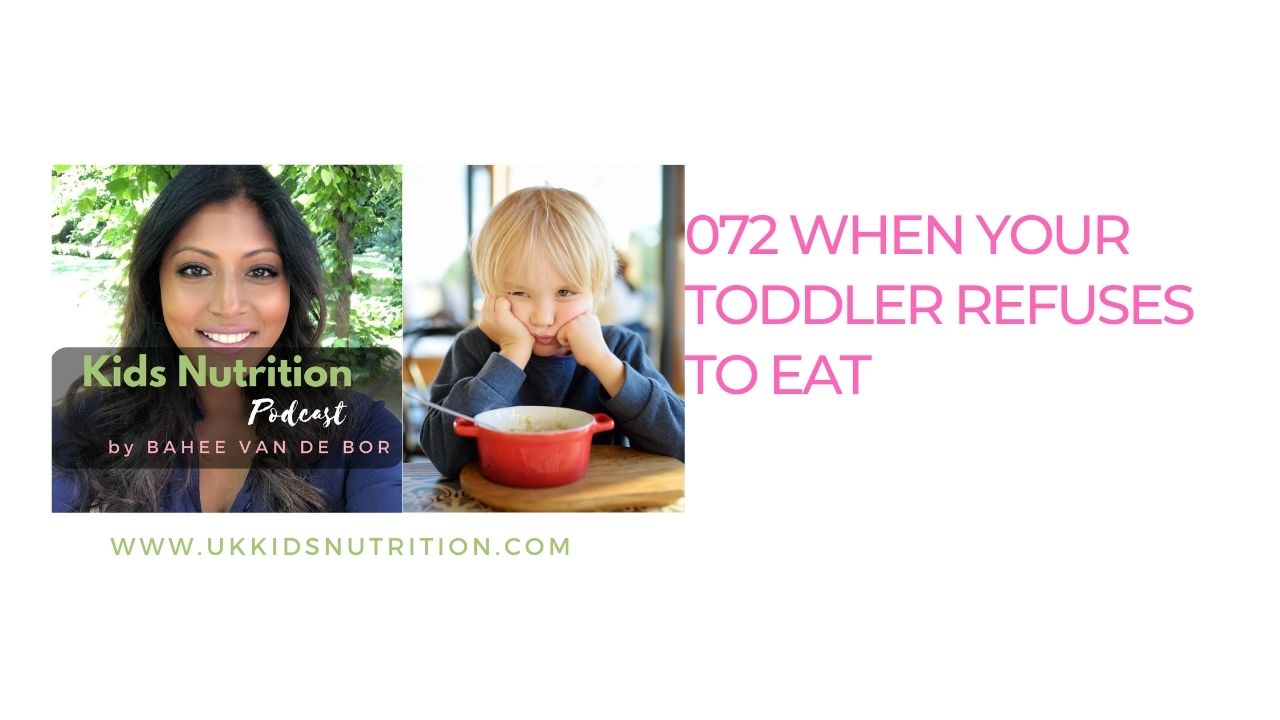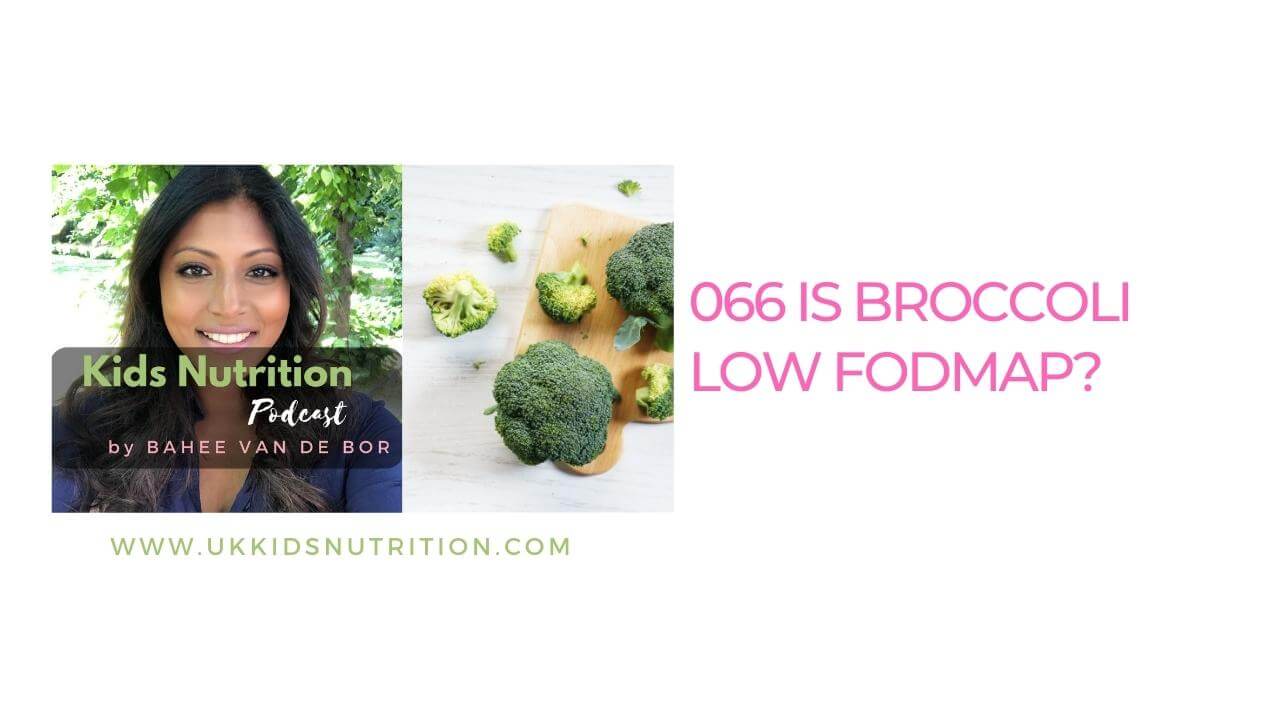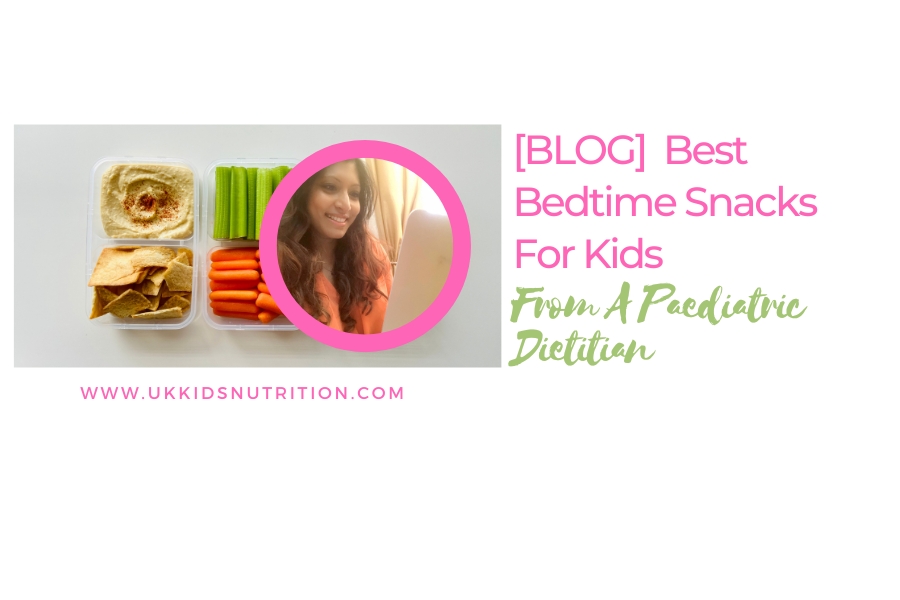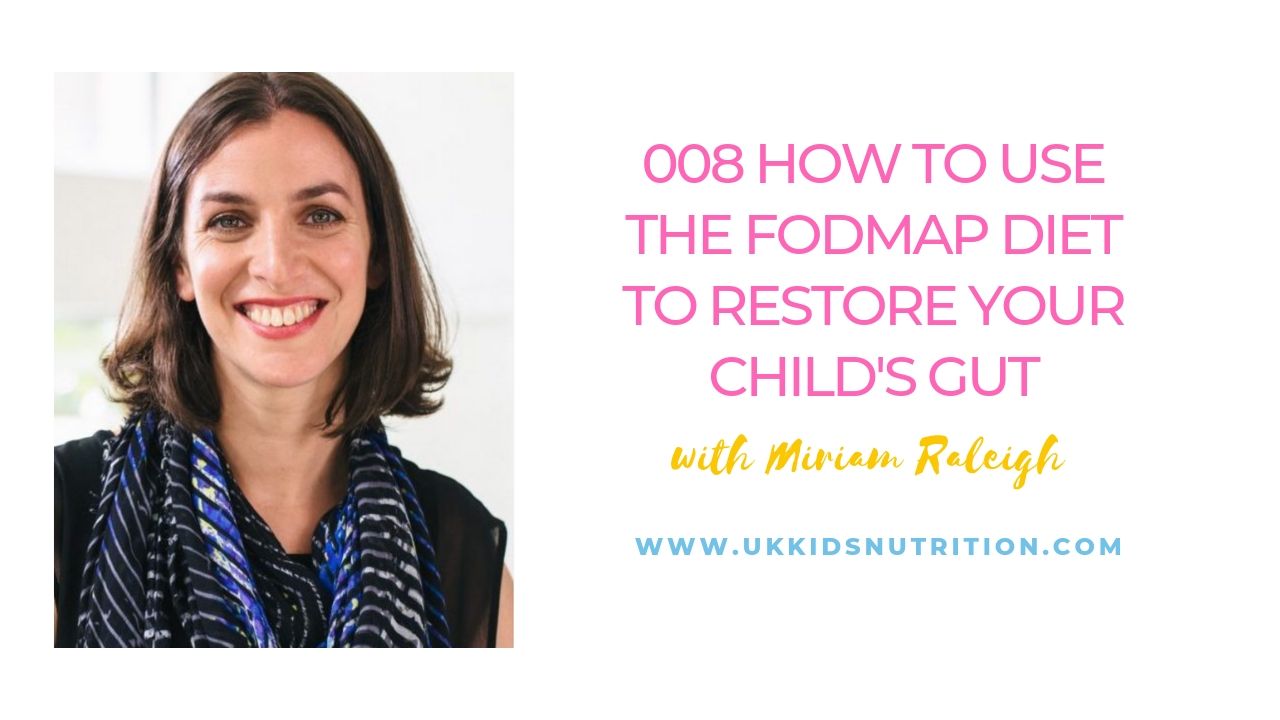Click on the player above to listen to the podcast interview on what to do when your toddler won’t eat.
Aimee and Suzy joined my Fussy Eating Solutions programme (a small group setting called End Mealtime Battles) when their toddlers were refusing to eat.
It’s heartbreaking when your toddler repeatedly won’t eat but why is that?
You might ask, is this a behavioural issue or is there another profound reason why my toddler won’t eat?
If you are worried about why your child is refusing to eat then stop pulling your hair out and read this.
In this article, we’ll cover the rationale behind why some children might become picky eaters and the best ways to help them develop a positive eating relationship with food.
1 year old refuses to eat
Neophobia
When your 1 year old refuses to eat, chances are they are going through the neophobic phase.
Neophobia is an evolutionary phase. When babies and toddlers won’t eat, they suddenly become very mistrustful of foods that used to be both familiar and unfamiliar to them.
Neophobia often strikes between the ages of 12 and 18 months.
During prehistoric times, this innate response helped prevent babies from eating poisonous berries and becoming very ill.
So you’ll be happy to note that food refusal in babies can actually be common and is perfectly normal.
Despite this, if your 1 year old refuses to eat it can be both worrying and exasperating especially if it persists for a few months.
The best thing to do is to avoid becoming a short-order cook where you start offering multiple meals.
Even if your toddler won’t eat, continue to embrace and serve family-style meals at the table.
By one year of age, there’s no reason why your toddler shouldn’t eat the same foods as you.
Your family meals should be based on a variety of healthy foods to help toddlers thrive and grow.
Just remember to serve smaller portion sizes for your baby or toddler.
So try not to stop serving nutritious meals and snacks because of food refusal in babies and toddlers.

My 2 year old won’t eat anything but milk
By two years of age, you might be surprised to learn that your toddler’s rate of weight gain and growth begins to slow down.
As their rate of growth slows down, so does their appetite.
The best way to overcome this is by encouraging your toddler to participate in serving themselves at the table.
This helps your toddler become familiar with foods that they have refused to eat during the neophobic phase.
Without any pressure to eat any particular foods, they will have the opportunity to observe you interact with a variety of foods.
This will help your toddler learn how to behave around unfamiliar foods.
Perhaps they are not sure about certain foods because of their shape, size, colour or smell.
By watching the most important people in their life model and demonstrating what to do, their curiosity will be piqued.
They will also be more interested to explore new flavours and tastes without pressure.
But if you really want to make sure that they come to the table with a good appetite, only offer them milk in-between meals or as a bedtime snack.
This may feel difficult to implement at first.
But once your toddler adjusts to the new feeding routine, you will see that they will start to eat better at mealtimes.
You can also gradually reduce the amount of milk they drink by reducing the volume of milk down by 50ml each day.
As they eat more, they won’t need to rely on milk to fill up their hungry bellies.
Most toddlers also won’t need more than 300ml of cow’s milk or a fortified plant drink to meet their daily intake of calcium, fat-soluble vitamins and other important nutrients like iodine.
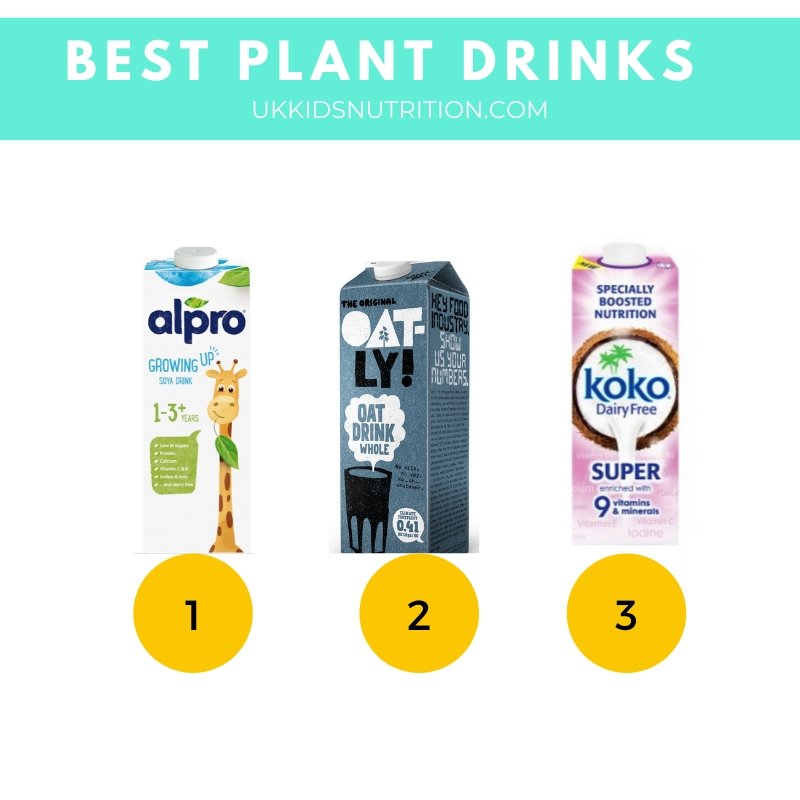
My 2 year old won’t eat and is losing weight
If your child’s intake is less than their daily requirements for protein and calories, then any ongoing energy deficit will lead to weight loss.
Here are key questions you need to ask yourself.
- Is my child’s weight loss secondary to a recent episode of illness?
- Have you implemented a new feeding schedule?
- Does your child have a medical condition or disorder?
- Does your child have feeding difficulties?
A recent episode of illness
If your child has been recently unwell with acute diarrhoea or vomiting or has generally been unwell then please be reassured that they will regain any lost weight when they recover fully.
There’s nothing to do here apart from continuing to provide regular meals and snacks.
A new feeding schedule
Are they losing weight because you have reduced their milk intake and you are encouraging them to eat at mealtimes?
If that’s the case persevere with the plan of offering them regular meals and snacks at roughly the same time each day.
You can also use higher energy spreads like nut butter, hummus or additional butter/oil to fortify meals and snacks.
It may also make sense to introduce a new snack (pre-bedtime snack) so that there is another opportunity to provide energy and protein.
Just make sure that the snack is nutritious like a banana and a glass of milk or wholemeal toast with a nut spread (e.g. peanut butter).
For more ideas see Healthy Snacks For Kids.

Toddler won’t eat (with a medical condition)
If your child has a known medical condition their current energy requirements may have changed for a variety of reasons.
It’s a good idea to touch base with your child’s specialist paediatric dietitian for personalised help and advice.
If your child has high energy requirements for energy to grow, your dietitian may be able to recommend high-energy drinks.
He/she may also recommend how you can fortify your child’s meals to bridge any gaps in their total energy intake.
Toddler with feeding difficulties
Make sure that you are regularly checking in with your child’s paediatric dietitian, medical doctor or speech and language therapist.
Children with feeding difficulties will need their plans regularly updated so that your child’s growing needs are always catered for.
If you are not sure, maintain a food and drink diary for a few days that you can send to your child’s paediatric dietitian for review.

My toddler won’t eat anything but fruit
If your toddler doesn’t want to eat anything else but fruit, try not to worry.
Fruit is a good source of important nutrients like water-soluble vitamins, antioxidants and fibre to help keep the bowels opening regularly.
Having said that, fruit only ticks the box for one of the food groups (such as carbohydrates) and the vitamin and minerals category.
The good news?
Why not try something called food pairing?
Food Pairing
You can try food pairing to gradually help your toddler try new foods.
At first, I recommend starting with similar coloured vegetables to gradually get your toddler interested in a bigger variety of foods.
You can also group accepted foods into specific categories like texture, colour or taste.
Then start pairing foods for similar characteristics like texture, colour or taste (depending on what you feel is easiest for your child to start with).,
Getting children to try new foods can feel like an enormous task at first.
Break it down into simple steps and you will start to see a shift in how your toddler responds to foods that they have previously refused.
A handy tip is to continue to offer a balanced meal and snacks seated at the table.
You can continue to offer fruit, but keep the portions suitable for small bellies.
Once your toddler is exposed to an array of foods being served from the various food groups, they will start trying new foods.
The key message is to consistently serve a variety of foods and stick to your family’s menu plan.
3 year old refuses to eat
By age three, most toddlers go through a developmental phase where they are learning to discover and enforce their independence.
If your toddler won’t eat, give them age-appropriate tasks in the kitchen.
Ask them to help you set the table or to fetch their own cup and plate (make sure that these are stored in a cupboard that they can easily reach).
They can also help you grocery shop by grabbing specific fruit and vegetables that you ask them to.
You can also offer them a choice of two snacks so that they feel that they still have control over what they get to eat.
Here are other reasons why your toddler won’t eat
General coughs and colds
If your toddler has started nursery for the first time and you notice that they suddenly refuse to eat, don’t panic.
They may just be coming down with a cold and generally feeling unwell.
Make sure that they get plenty of rest and fluids.
Soon they’ll regain their usual appetite when well.
You can continue to offer them pre-planned meals and snacks but try not to worry if your toddler won’t eat when unwell.
Constipation in children
Constipation in children can often trigger fussy eating and vice versa.
If your child is passing rabbit pellets for poop or is only opening their bowels fewer than three times a week then see How To Help Constipation In Babies and Toddlers.
Once constipation is resolved, children’s appetite will also start to improve dramatically.
If your child is constipated this may partly explain why they won’t eat.
Your child’s medical doctor might prescribe laxatives but if you are looking for natural solutions to solve constipation using gut-friendly foods, then join Get Kids Pooping Painfree.
Whatever path you take, it’s important to make sure that children are passing soft poop regularly so that it does not impact their appetite.
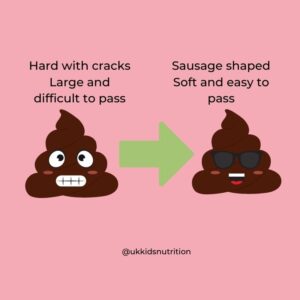
Overtired after nursery or school
Young children tend to have a low appetite in the evening after nursery or school.
So believe them when they say “I’m not hungry”. This is also very much supported by Ellen Satter’s division of responsibility.
Your role as a parent is to provide nutritious meals at regular intervals throughout the day (planned meals and snacks).
Your child’s role is to decide how much they eat and whether they eat at all.
It’s still recommended that children are invited to join the dining table even if your toddler won’t eat.
Toddler won’t eat anything but snacks
If your toddler won’t eat chances are that you’ve gone into panic mode.
They’ve refused their steaming bowl of porridge at breakfast for the third day in a row, so you’ve hit the supermarket and loaded up on snacks.
Sound familiar?
I hear you, mama!
The problem with this strategy is that even if your 2-year-old refuses to eat, it’s important to stick to your feeding schedule.
Did you know that grazing and snacking throughout the day can reduce your child’s appetite at mealtime by over fifty per cent?
Menu planning will help you stay on track.
You can also reassure your toddler that if they don’t want to eat what’s on offer for that meal, they can eat again when the next scheduled meal or snack is offered.
This also stops little bellies from filling up on too many snacks and potentially leave them with a non-existent appetite for their next meal!
When your toddler won’t eat meat
Meat can be a difficult texture for young children.
It requires a lot of chewing and does have its own unique flavour.
Why not try preparing meat in a slow cooker or buy cuts of meat that are soft/tender once cooked?
Mince is an easy option that most children will warm up to first.
But failing this, don’t forget that some plant foods are also rich in iron.
Foods like nut butter, lentils, beans and legumes are other sources of iron-rich foods.
You can learn more in Five Perfect Iron Rich Plant Foods.
Iron-fortified breakfast cereals can also be a good source of iron.
If it’s the protein you are worried about see, The Best Protein For Children Who Refuse Meat.
Toddler won’t eat after covid
Post covid some children may be experiencing a change in their sense of smell and taste.
The smell experts at the University of East Anglia and Fifth Sense call this parosmia.
In parosmia, children may have reduced smell receptors which leads to only being able to pick up certain components of a smell mixture. Previously loved foods may now also smell unpleasant due to a distortion in the way that it now smells.
As a result, some children may be put off by their food.
If children are experiencing fussy eating secondary to the distorted smell of food, here’s what you can do.
- Leave strong smelling foods covered in their pots in the kitchen
- Encourage children to try small tastes of milder-tasting foods to understand what they can manage
- Milder tasting foods like pasta, bread and rice can be a great base when menu planning
- Gradually add other flavours and tastes like a simple tomato sauce, lentils, or perhaps a homemade hummus with less or no garlic
- Identify your child’s current list of foods that they are able to eat and slowly build on this
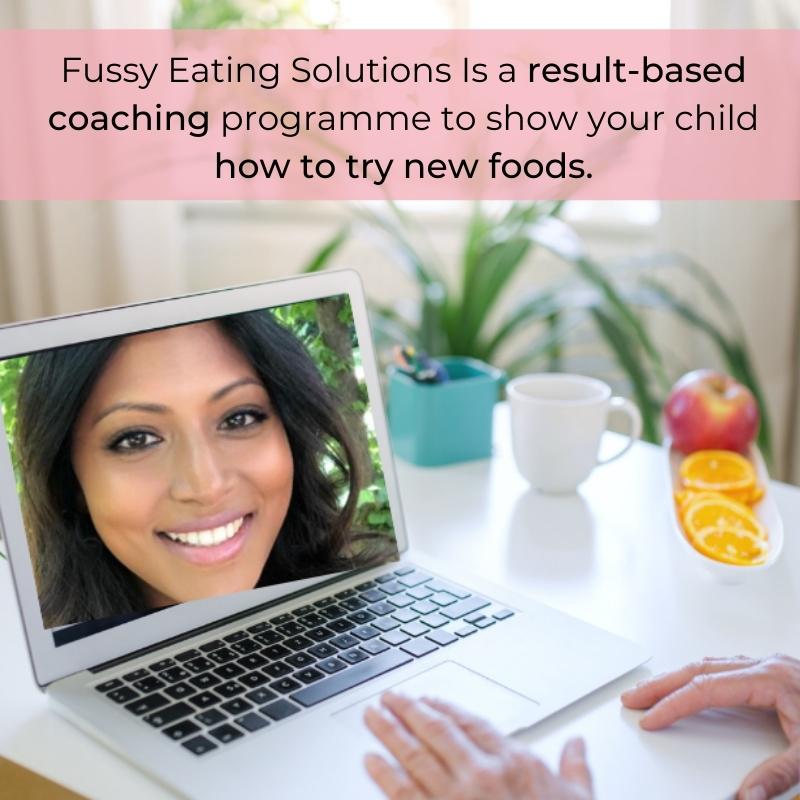
Bottom line
It’s natural to worry when your child refuses to eat, but try not to worry. With repeated exposure through family meals served at the table, your child will learn to try new foods when they are ready. If your child is particularly fussy and continues to refuse new foods then work with a paediatric dietitian who can help expand your child’s repertoire of foods. A picky eating programme like my Fussy Eating Solutions may be what is needed to help your child.
